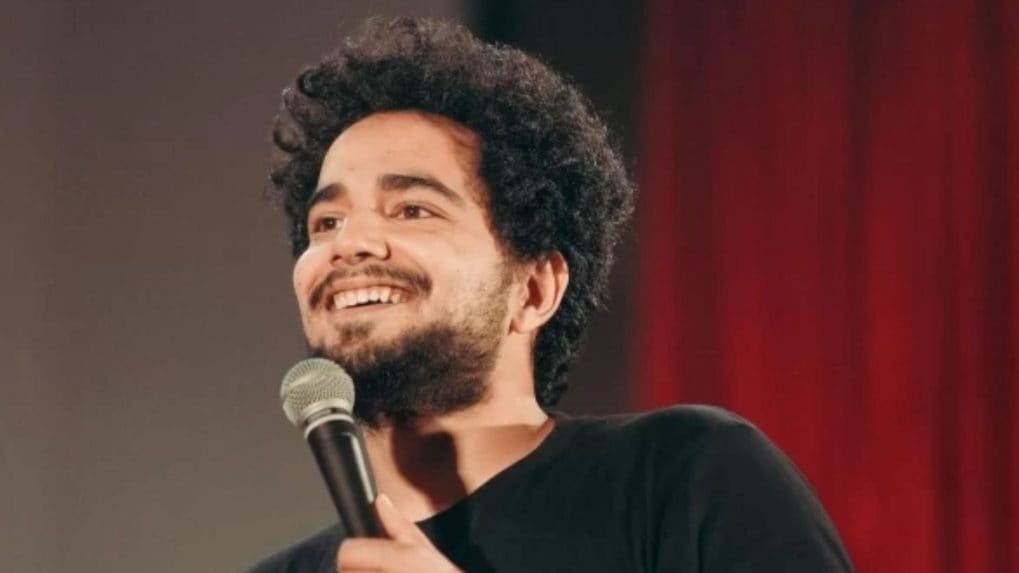Agency News
Why advertising agencies can no longer afford single-sector dependence

In a gesture of accountability, stand-up comedian Samay Raina apologised to people with disabilities for insensitive remarks made on his YouTube show India’s Got Latent.
The apology, posted on Instagram on his birthday, was issued on behalf of himself and fellow comedians Vipul Goyal, Sonali Thakkar, Nishant Tanwar and Balraj Ghai.
“Today is my birthday. And instead of celebrating just myself, I want to use this day — the most special day of the year for me — to apologise to the people with disabilities,” Raina wrote. He added that the group deeply regrets the pain caused by their show and pledged to raise awareness about the challenges faced by the disabled community. “Going forward, we will be more mindful and do our best to spread awareness. Your strength inspires us to grow,” he concluded.
This apology follows a stern directive from the Supreme Court of India earlier this year, which had asked Raina and the four other comedians to issue an unconditional public apology after a plea alleged that they made jokes ridiculing persons suffering from spinal muscular atrophy (SMA) and other disabilities. The Court had summoned the comedians on May 5 and warned of coercive action if they failed to comply.
The petition was filed by the Cure SMA Foundation of India, which highlighted the offensive nature of the content and its potential harm to the disabled community. By publicly acknowledging their misstep, the comedians are now taking steps to rectify the situation and show accountability.
The apology, posted on Instagram, signals a growing awareness among content creators of the impact of their words and the need for sensitivity when discussing marginalized communities. It also underscores the role of the judiciary in reinforcing respect and dignity for persons with disabilities in public discourse.
Despite being the original architects of global brands, advertising holding companies are collapsing in market value because they still sell human hours while the world now rewards scalable, self-learning systems.